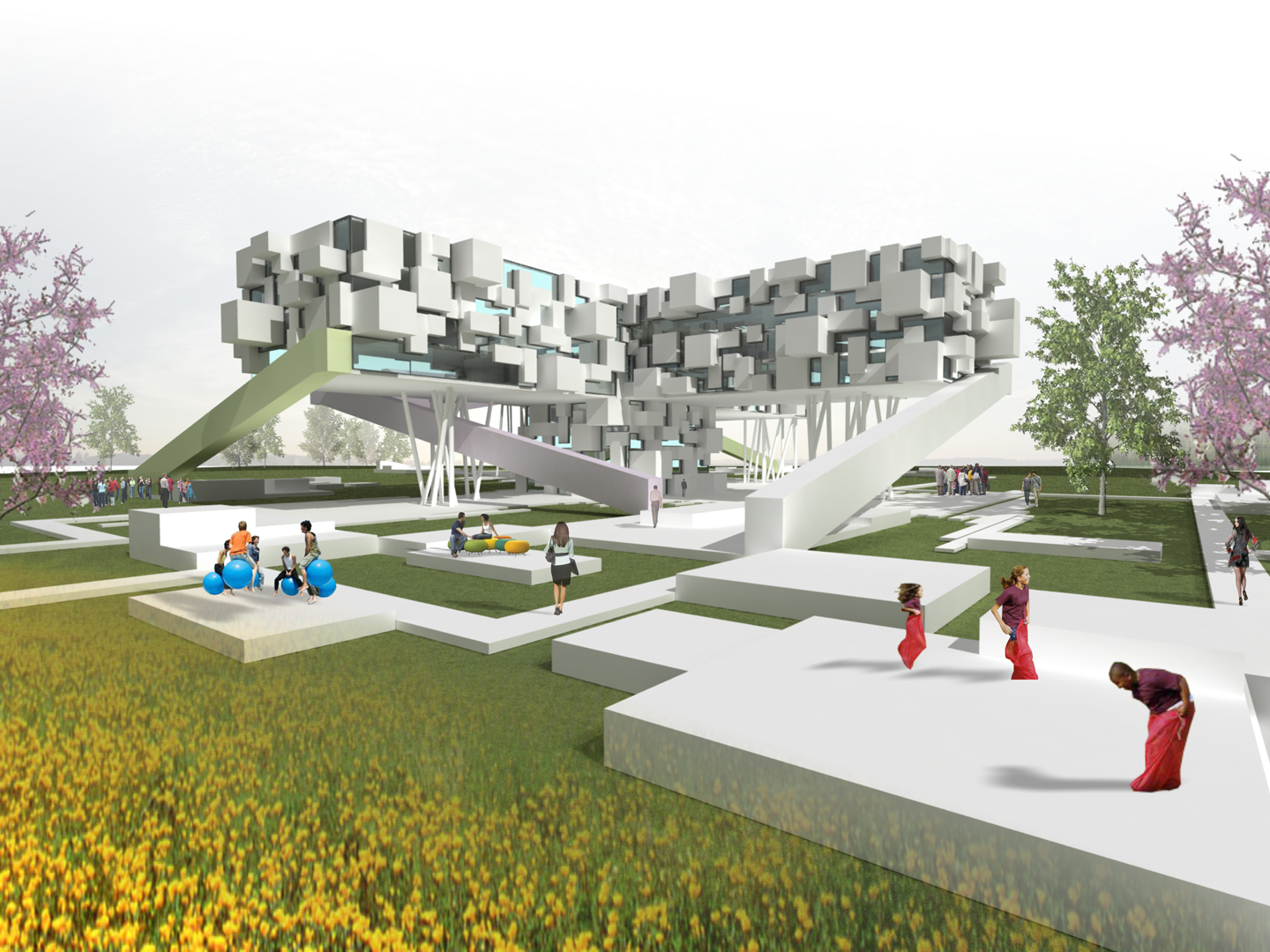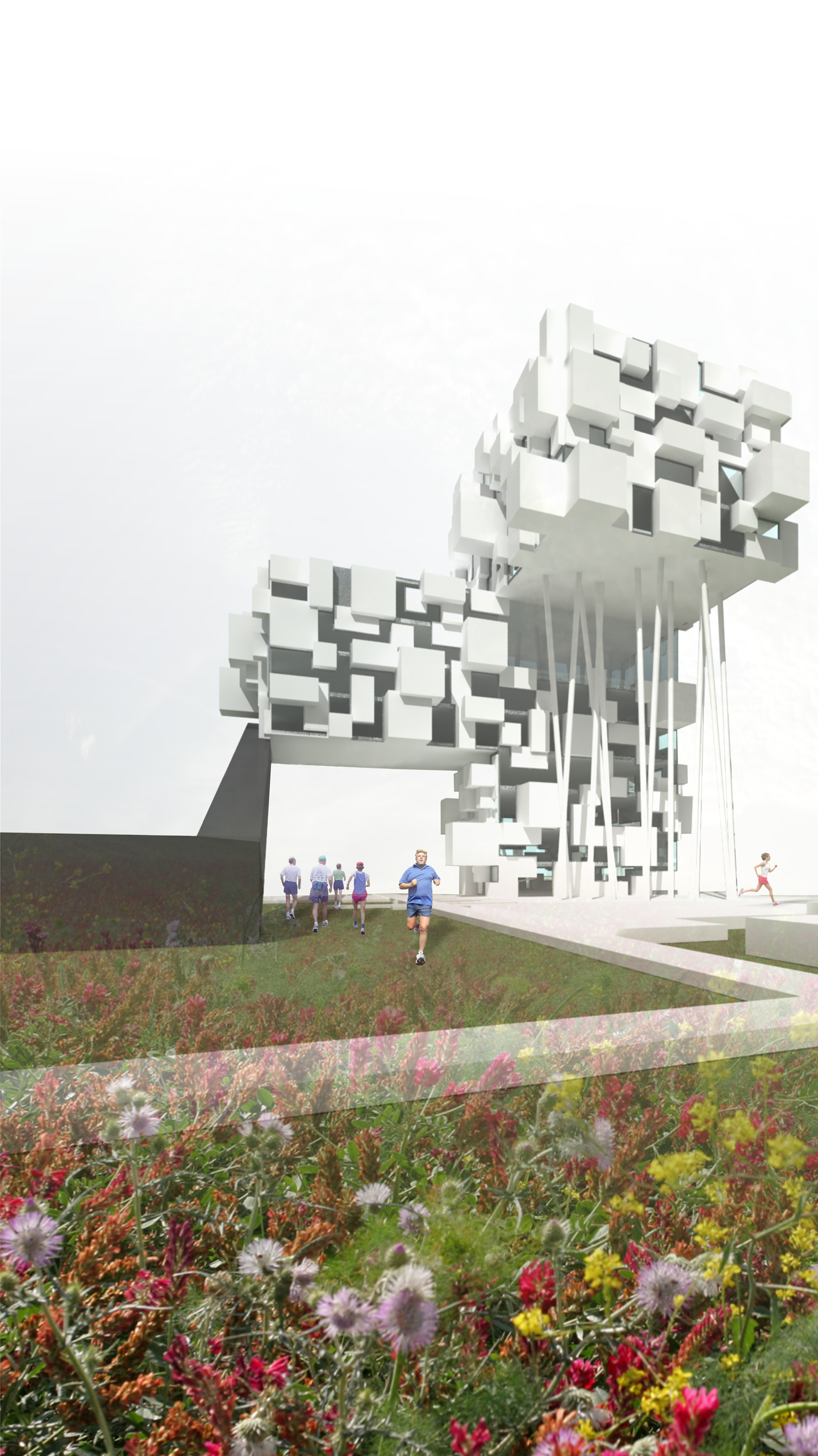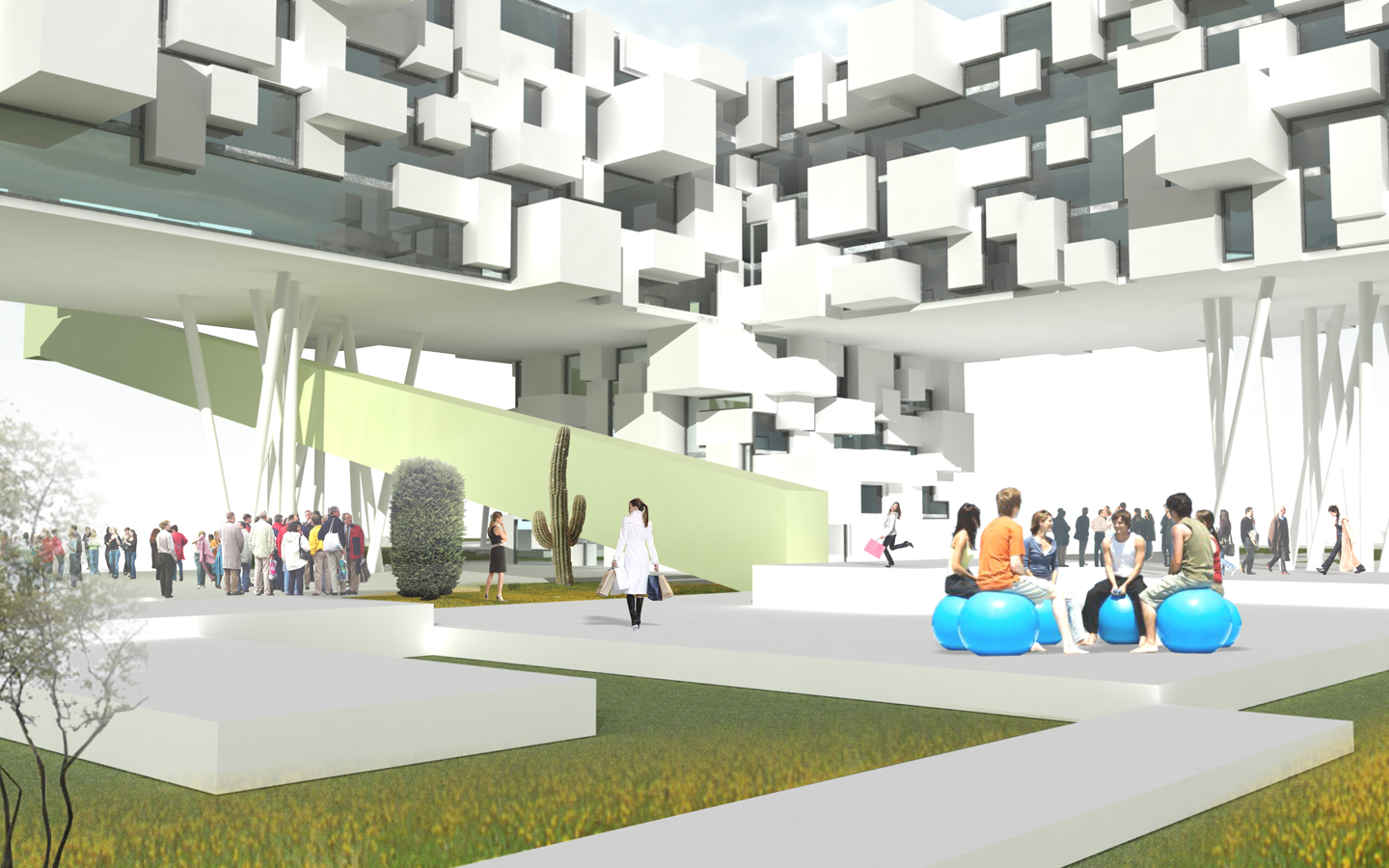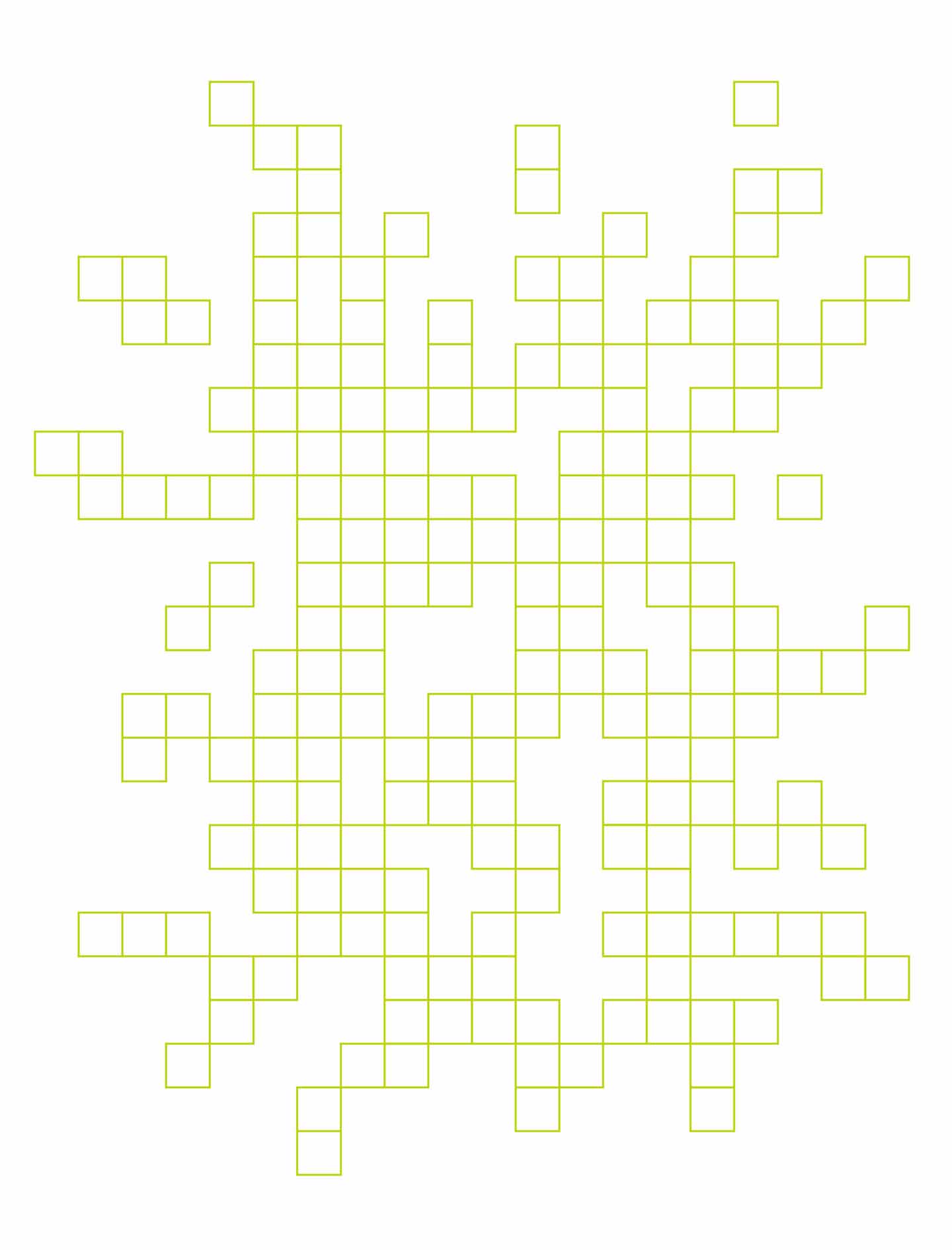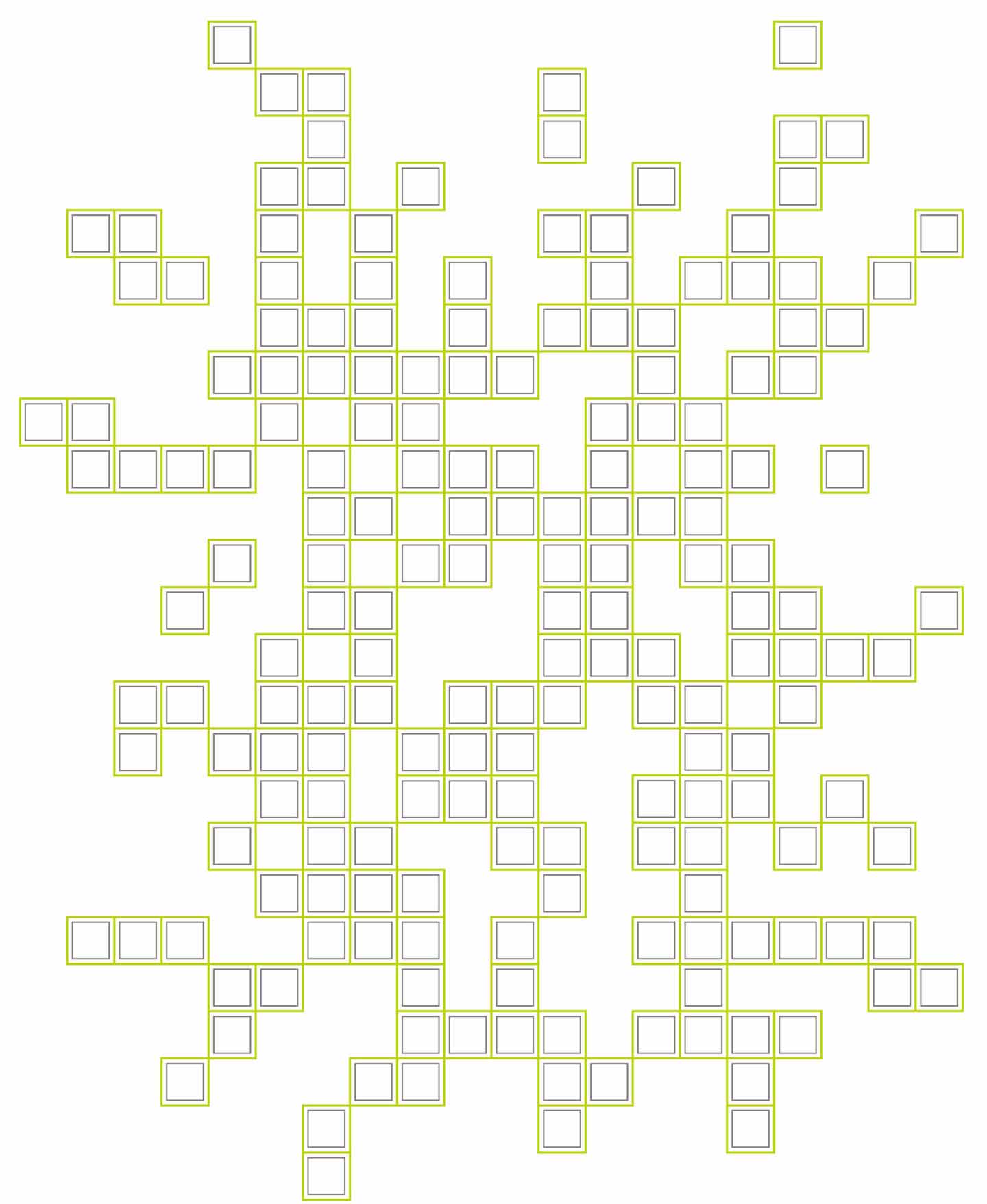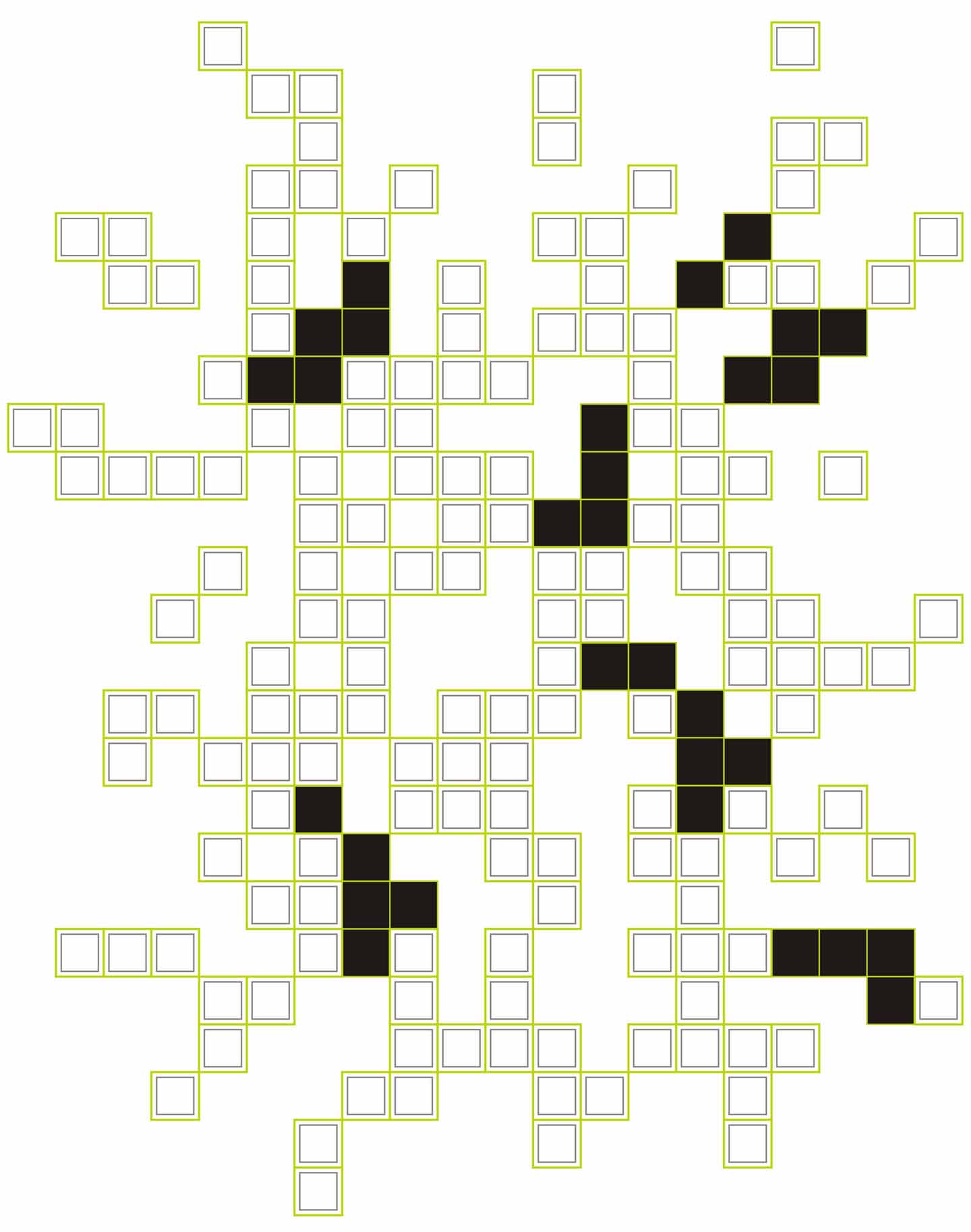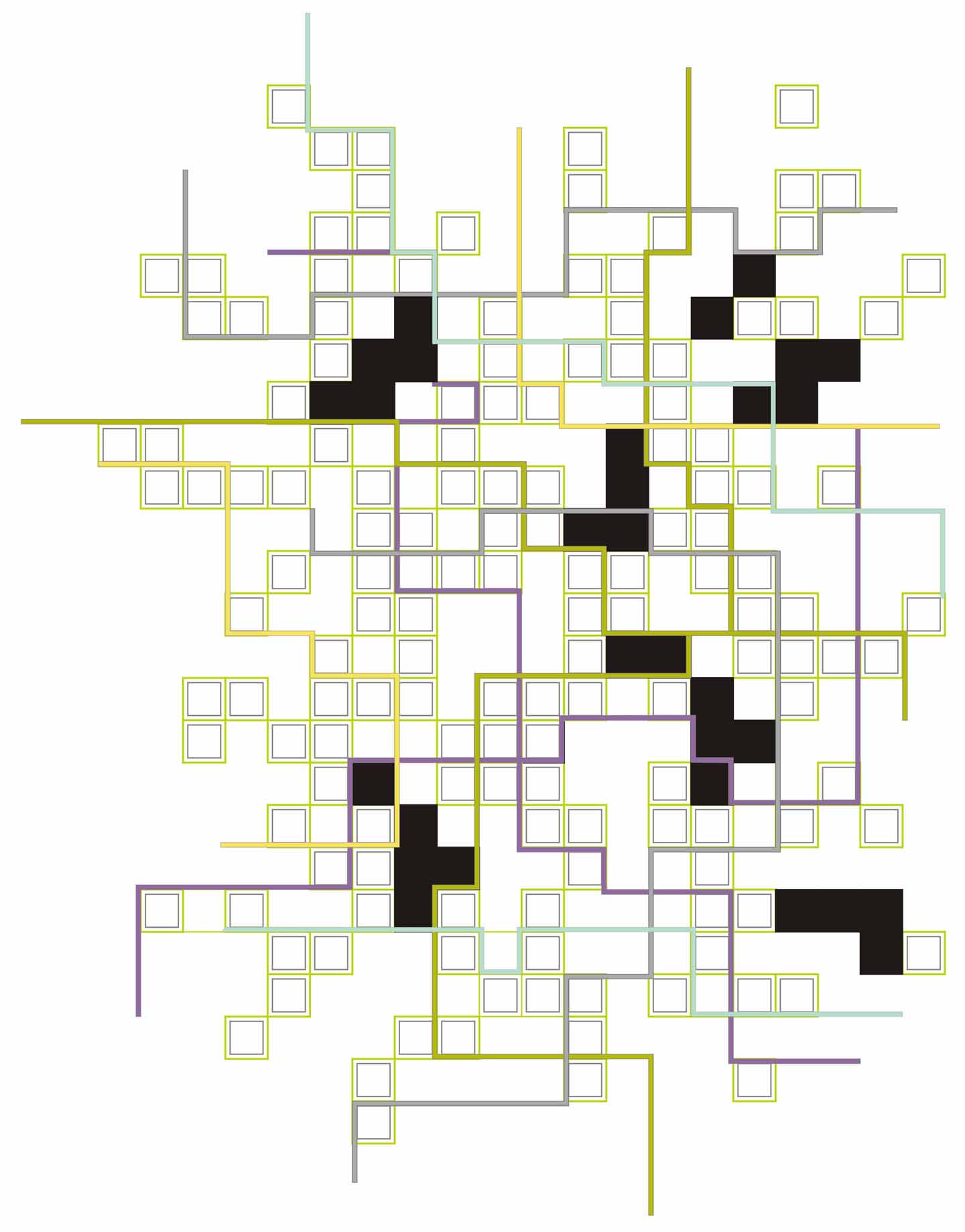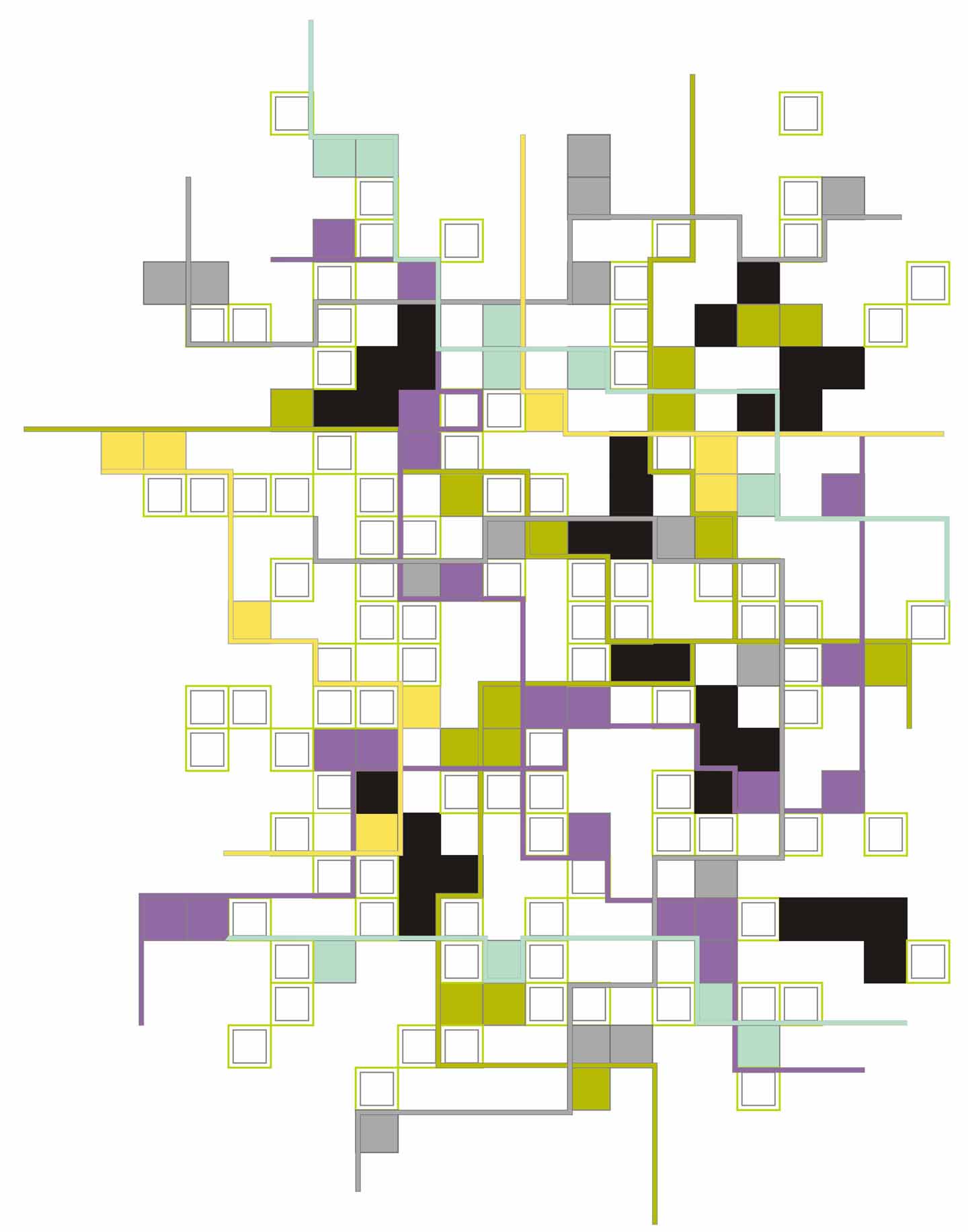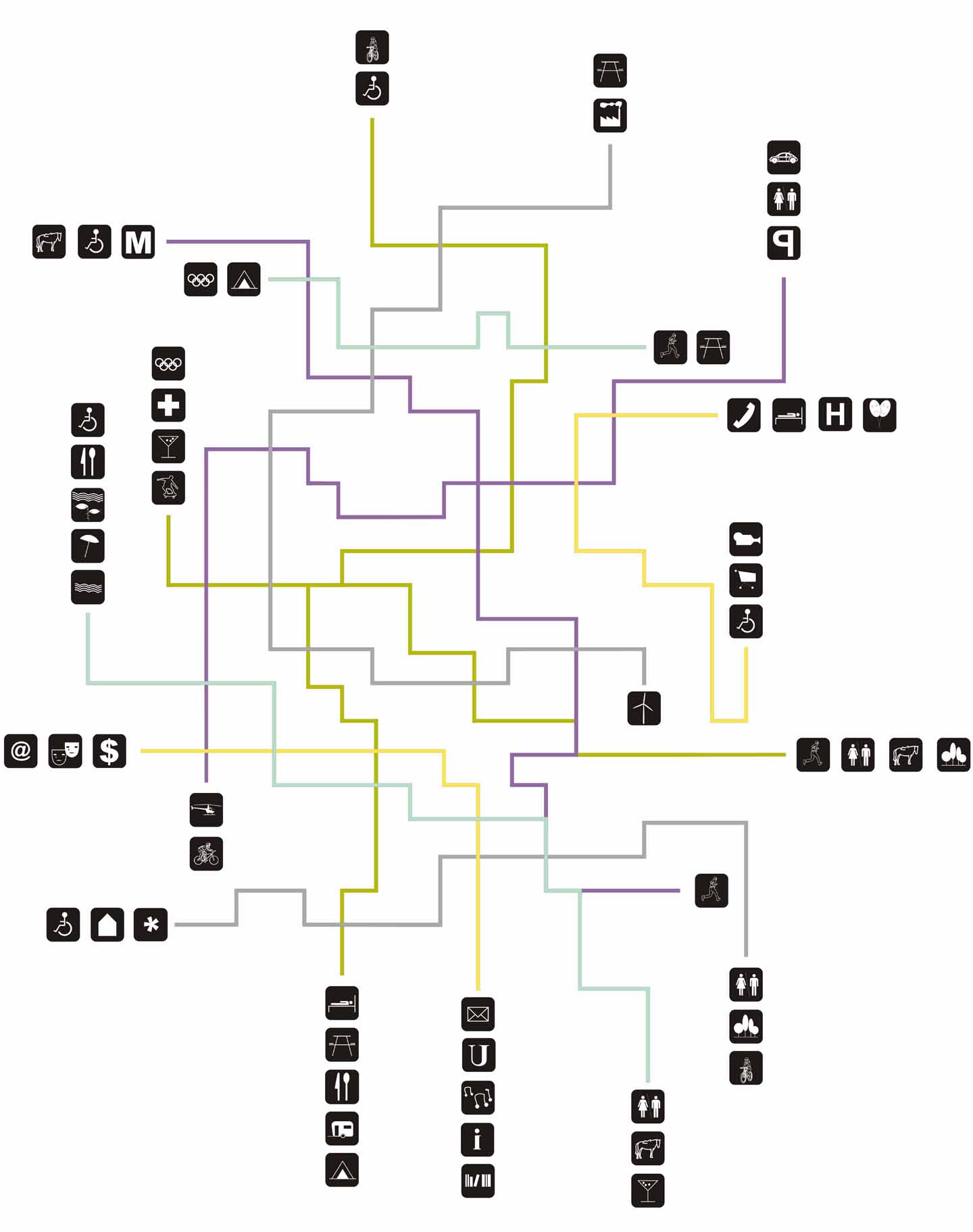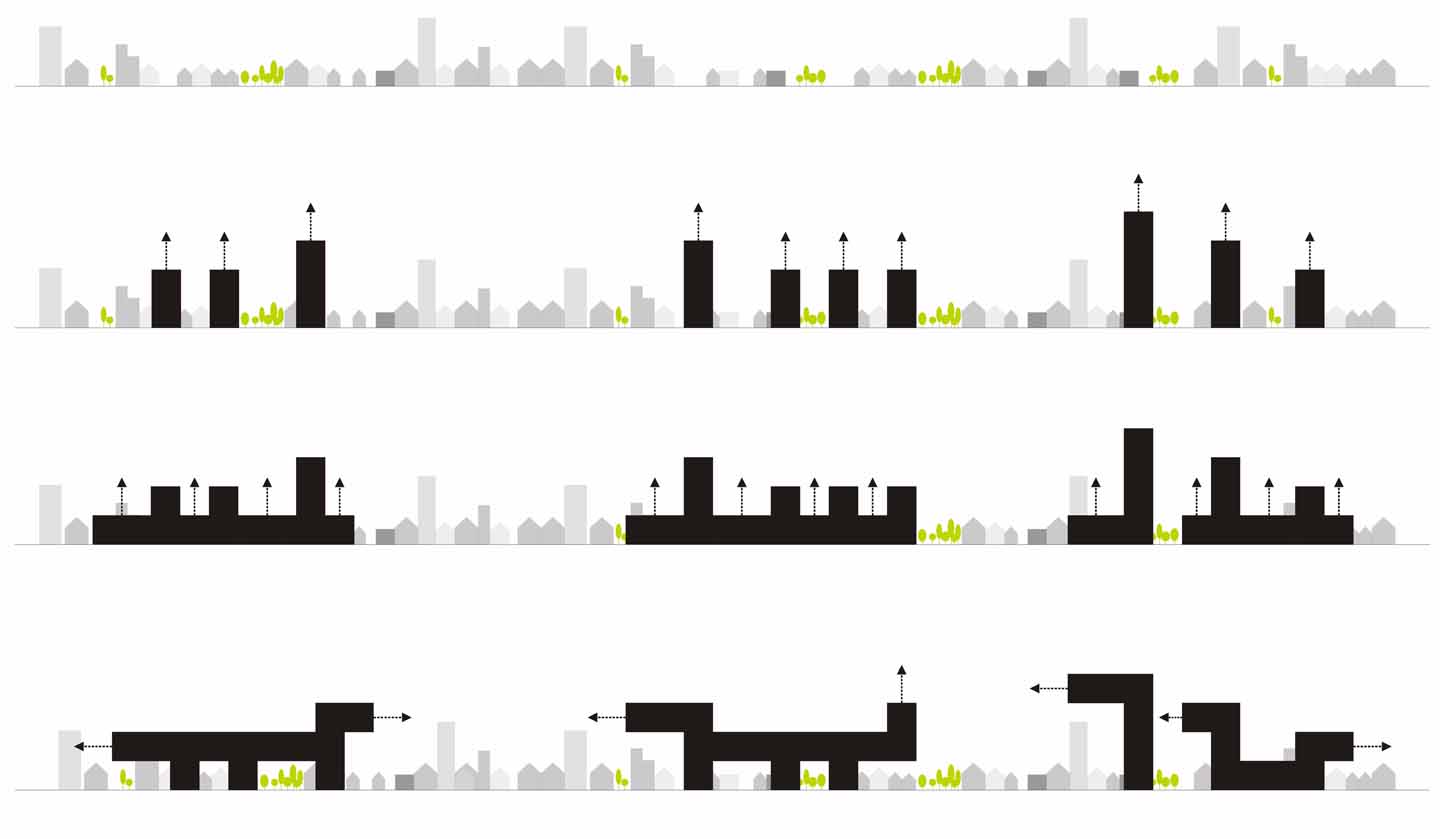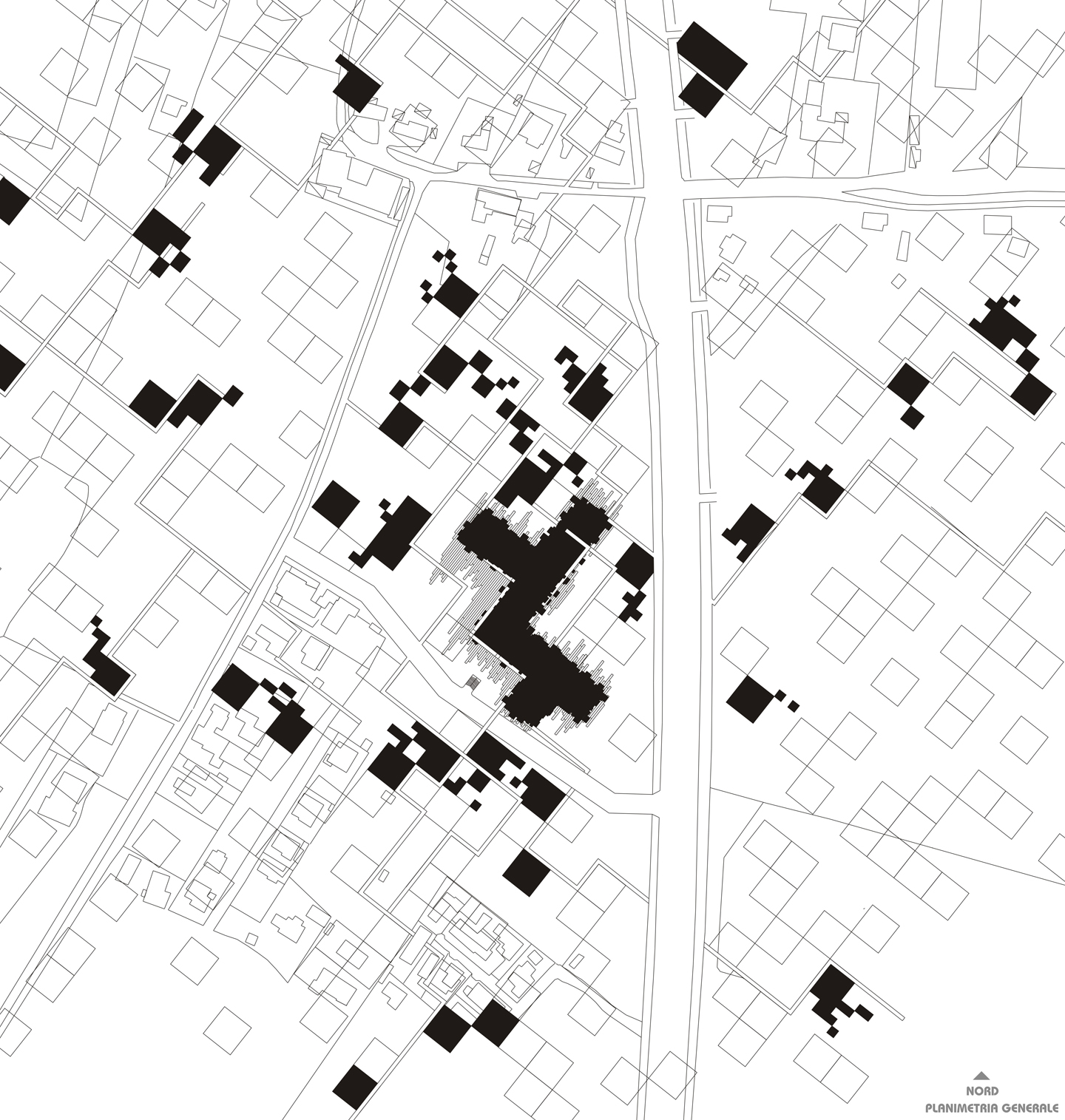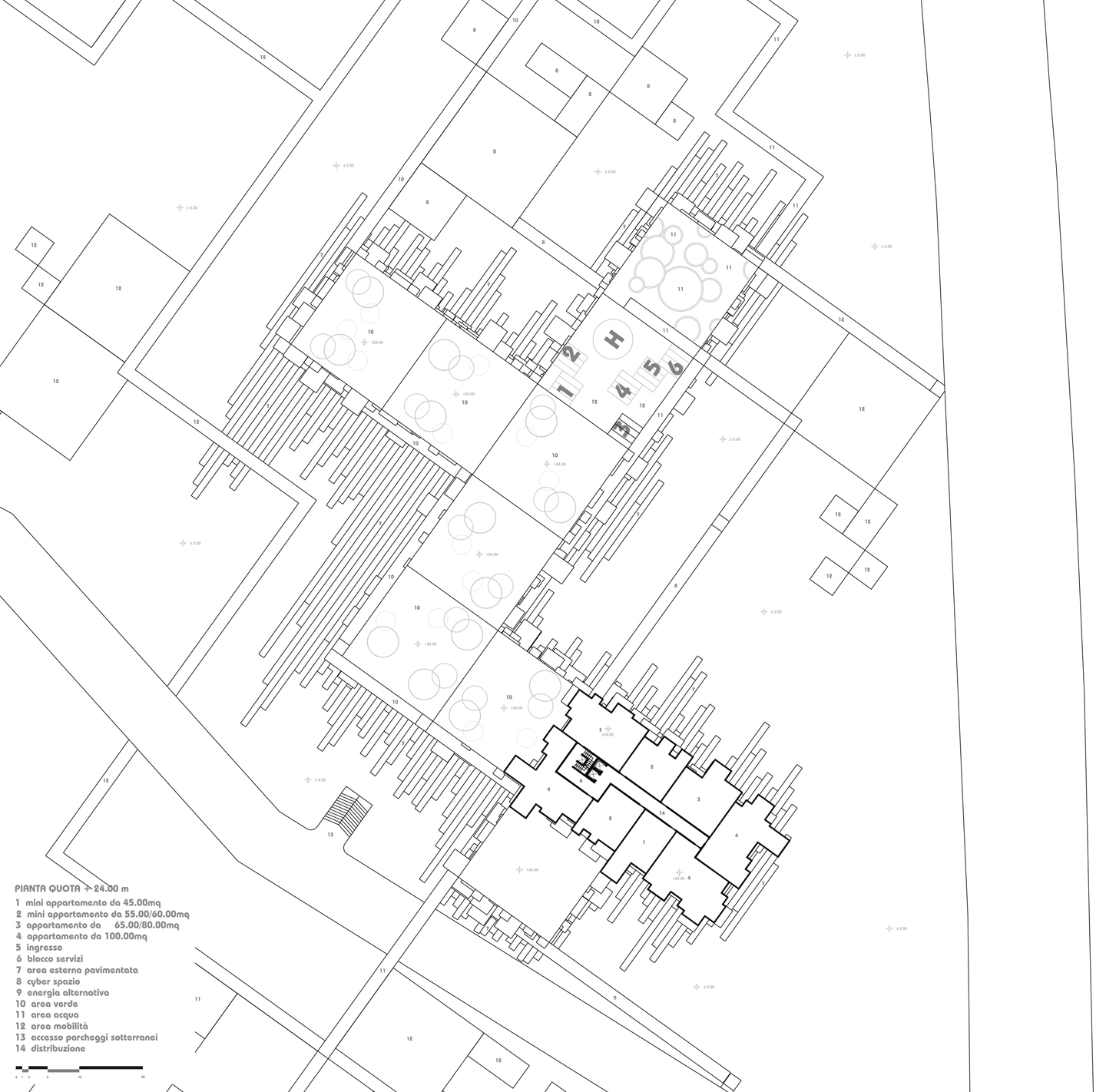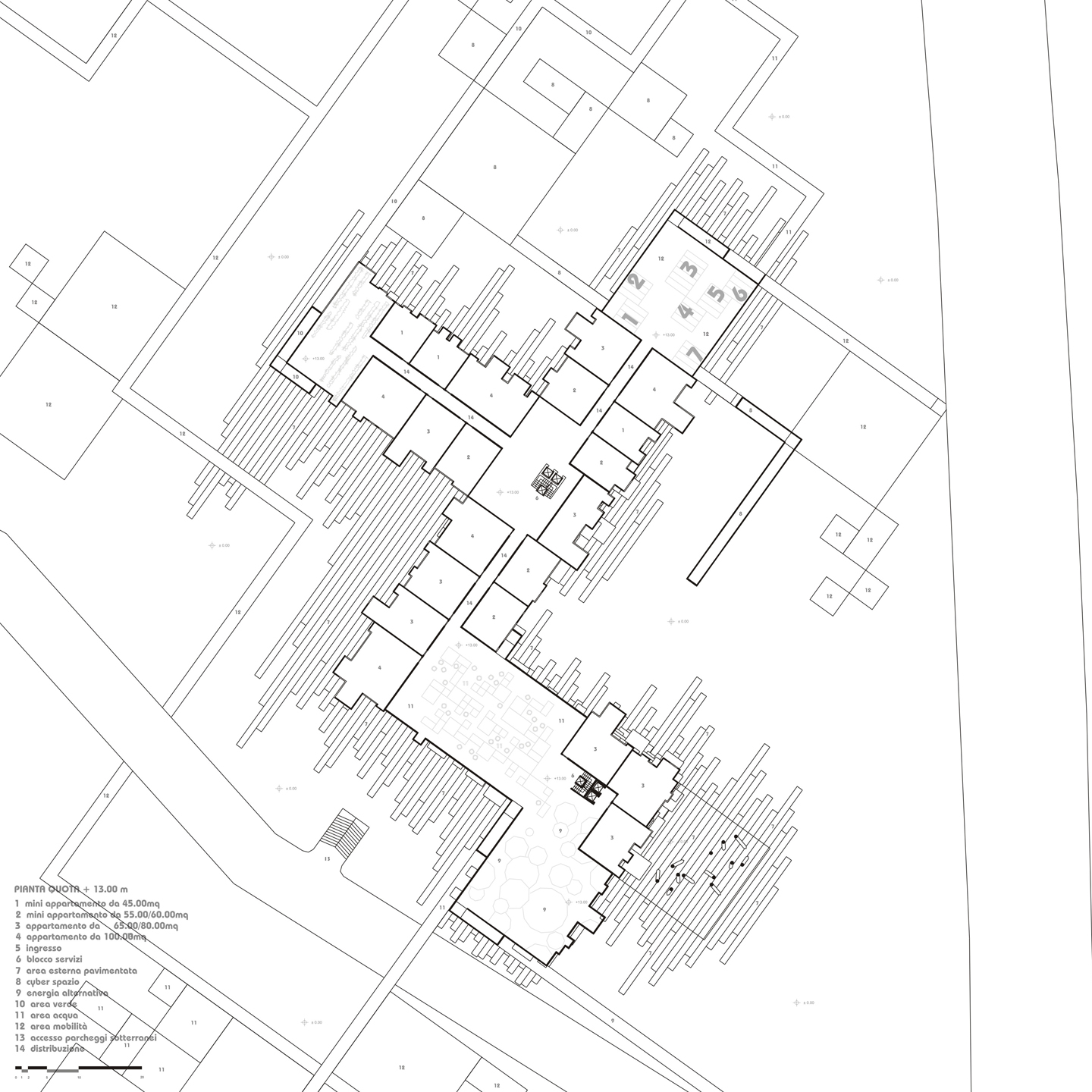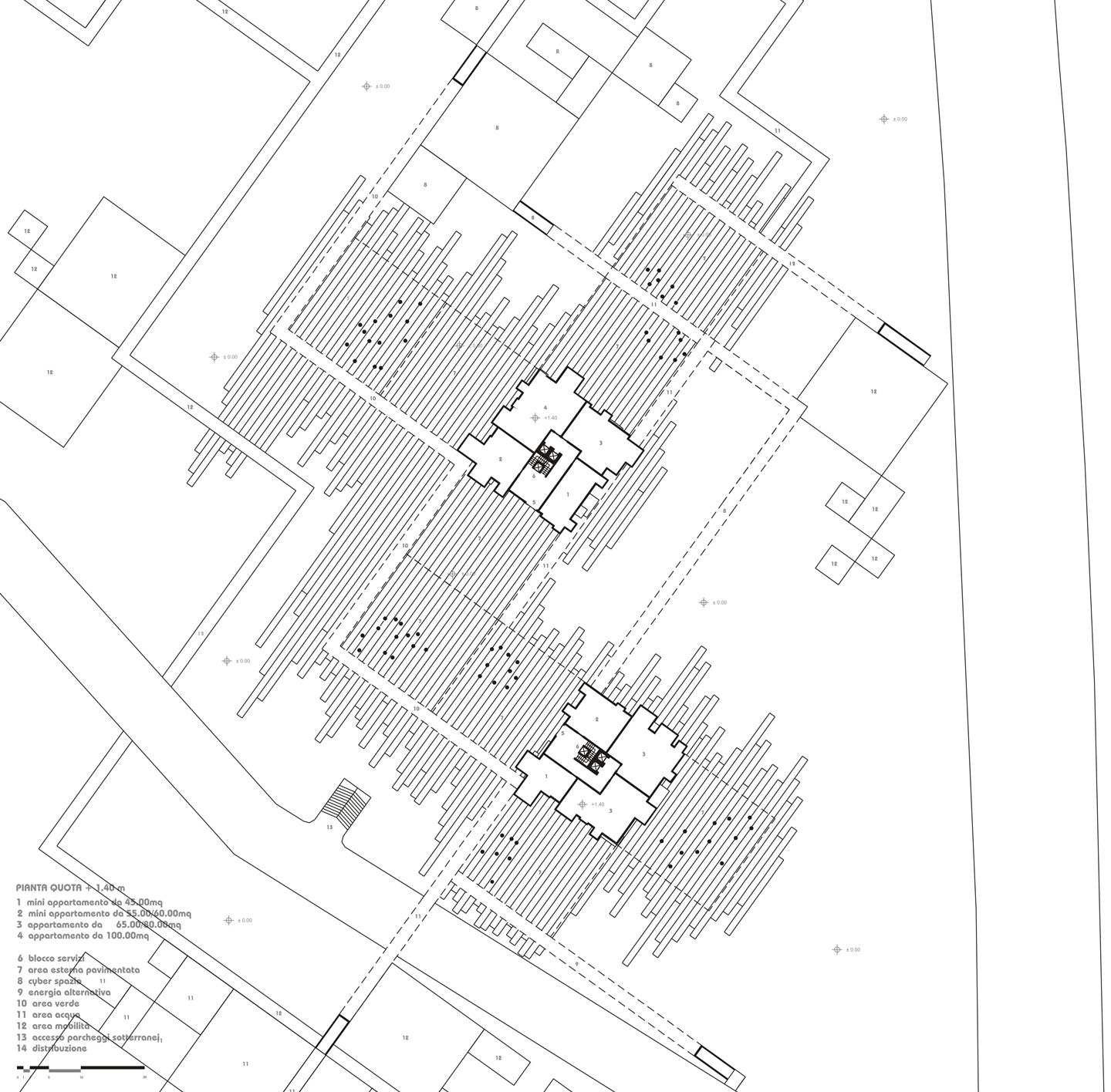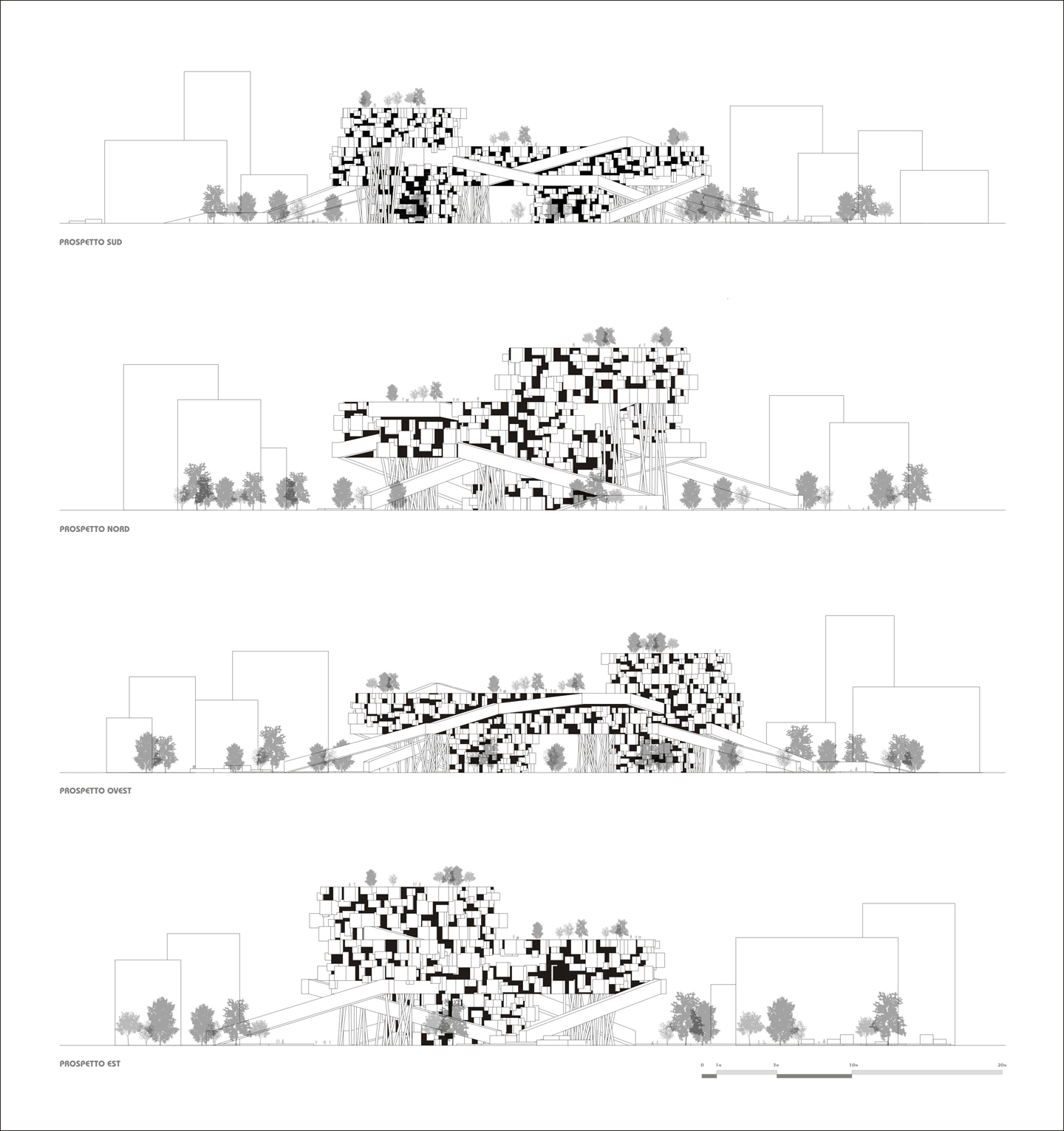WZA
Project by FuGa_ Officina dell’Architettura
Architect Francesco Ursitti
Social Housing
International competition, Mestre (VE), Italy, 2011
The contemporary space has been observed, analyzed and studied; the space of the network and cyberspace that with its endless relations occupies, proliferates and is rooted in our deeds, actions and movements.
New levels of reality have been explored, the not visible ones, which grow under track, with no name, and no identity: those that determine sudden changes that are showy and booming.
Levels, similar to plankton of information, relations, links, input, pixel, data and products continue to grow gradually.
This is the nature of the current days, which with the grace of the account expresses the ideology of contemporary society and the space that needs to be molded according to it.
Space of ungovernable flows that cross people and places.
Space that, as a software, is able to provide different tissues’ performance in real time.
Space capable of withstanding shocks, tearing, internal changes and the impact with the new.
Deregulation -space.
Spaces capable to criticize the actual system, to optimize it, correct it and reform it.
Architectures capable of entering into the more complex processes of territorial, social, economic and media metamorphosis.
Dynamic architectures integrated into a fluid society and an elastic democracy.
Expanded architectures dilated and spread out like sensory swarms of services and products.
Relational architectures not defined by precise functions, but available as a computer for many dissonant activities.
Architectures no longer represented by succession of forms and places, but as witnesses of a society represented by an endless network with a transparent fabric.
This is what the building wants to collect, to test.
A building that aspires to act as a decoder of information.
A building that, as if it were a data processor, tends to seek functional and specialized adaptations according to new programs of use.
Therefore the traditional functions of inhabit, sale, produce, and buy can now be transformed and fluidize as needs change. It is thus possible, to work at home and live in the office; to transform services into industrial areas; commercial areas into green areas; banks into churches, gymnasiums, laboratories, schools, universities , casinos or whatever is needed to shape the health of the society.



